As artificial intelligence has grown in recent years, schools have found ways to integrate this modern technology in their classrooms. Students and teachers have divided opinions on this matter.
As English teacher Julie Cummings researches artificial intelligence, she discusses the role of AI in an educational environment, motivated by the concerns over its negative perception in classrooms. She sees potential in AI, and believes it could be worthwhile to incorporate it if taught properly.
“What inspired me to pursue my research is because there’s been much negative press about AI and education, AI in classrooms, mostly from Judge Chat, ChatGPT, and the kids not necessarily using it properly,” Cummings said. “Students are not even being taught to use it properly. And so, I wanted to look out there and see what policies are involved as far as AI is concerned in the classroom.”
Cummings believes we should work around AI and improve it; because AI is not going away anytime soon, we must move forward regarding the latest technology. Students should use it as a organizational tool.
“I know that many people see AI as a negative thing, especially in classrooms, and they just say to tell kids not to use it, but AI is not going away,” Cummings said. “you must consider using it responsibly because it is not going anywhere. AI is not going to change in terms of going backward. It’s about helping students understand how to use it responsibly, not to write papers, not to do all those things, but at least help you organize things. It’s not very good at actually doing the writing part, but it is good at helping you understand where to go with your ideas.”
Cummings thinks that forbidding students to use AI will only encourage them to use it more, but if we teach students to use it properly, it can encourage integrity in students while also helping them.
“I was a teenager once too, so I get that it is a part of being a teenager and wanting to use it and taking the effortless way out,” Cummings said. “But if you can teach students to use it responsibly, then I am sure that it will not become so much of a taboo as it is right now.”
Supporting this viewpoint, a recent survey showed that 78.4% of 111 students argued that artificial intelligence has been helpful to them. Freshman Evan Granville highlighted the potential benefits and risks when it comes to the usage of artificial intelligence.

“It has taught me new things about the world, although some AI is not developed enough and could spread misinformation,” Granville said.
The remaining 21.6% of respondents argue that artificial intelligence harms education.
“I feel like this mostly depends on how you use AI,” freshman Zainab Kashif said. “AI can be a very powerful tool, especially in settings such as education, but I have witnessed people use it for both good and bad. On the positive side, it can be used to help those who are behind, such as generating practice questions or getting some help from AI when you are stuck on something like an essay. Speaking of essays, however, I have seen people use and generate essays from AI. This is pointless, what is the point of learning and developing your skills in writing if you are simply going to generate it from AI?”
School districts have been evolving their policies to fit with the development of AI. Prosper ISD outlines its approach to AI in its guidelines: “We explore the opportunities of AI and address the risks. In continuing to guide our community, we will work to realize the benefits of AI in education, address risks associated with using AI, and evaluate if and when to use AI tools, paying special attention to misinformation and bias.”
College and Career Counselor Gary Livingston, explains that colleges will be able to tell if you used artificial intelligence. AI lacks emotion, making it incapable of understanding individuals or forming connections.

“Don’t use AI to write your college essays,” Livingston said. “Because often, AI learns. When you give it a prompt, it is still going to pull from other essays and college admissions, these college advisers. They have read tons and tons of essays. And so, if they notice a pattern in the essay, they are going to be able to tell it AI.”
English teacher Brandon Odel believes we should regulate how students are using artificial intelligence in the classroom.
“The concerns are there, with AI, it’s developing so quickly where there’s no rules or regulations on it right now, so it’s really like the wild wild west when it comes to AI,” Odel said. “I think there needs to be a middle ground where people put some rules in place to make sure it’s not being abused because some students are getting through the system just utilizing AI, but they’re not really learning stuff, so we want to use AI to help supplement and, help the human population move forward. But at the same time, we want to make sure that we are still learning what we need to learn. We still have original ideas and that AI just does not become like who we are. we still need our original thoughts, so they should limit how AI is being used through academics and I think it should be regulated.”

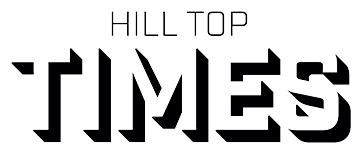

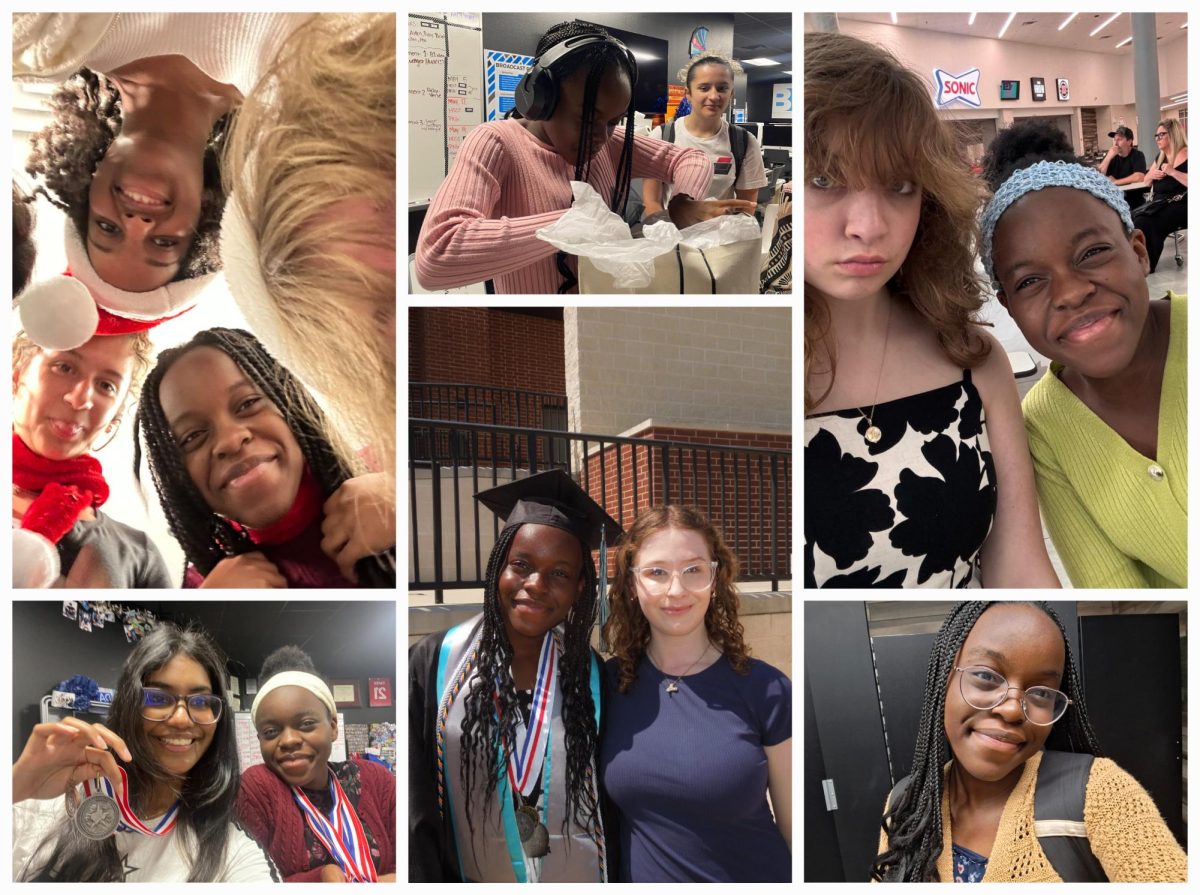


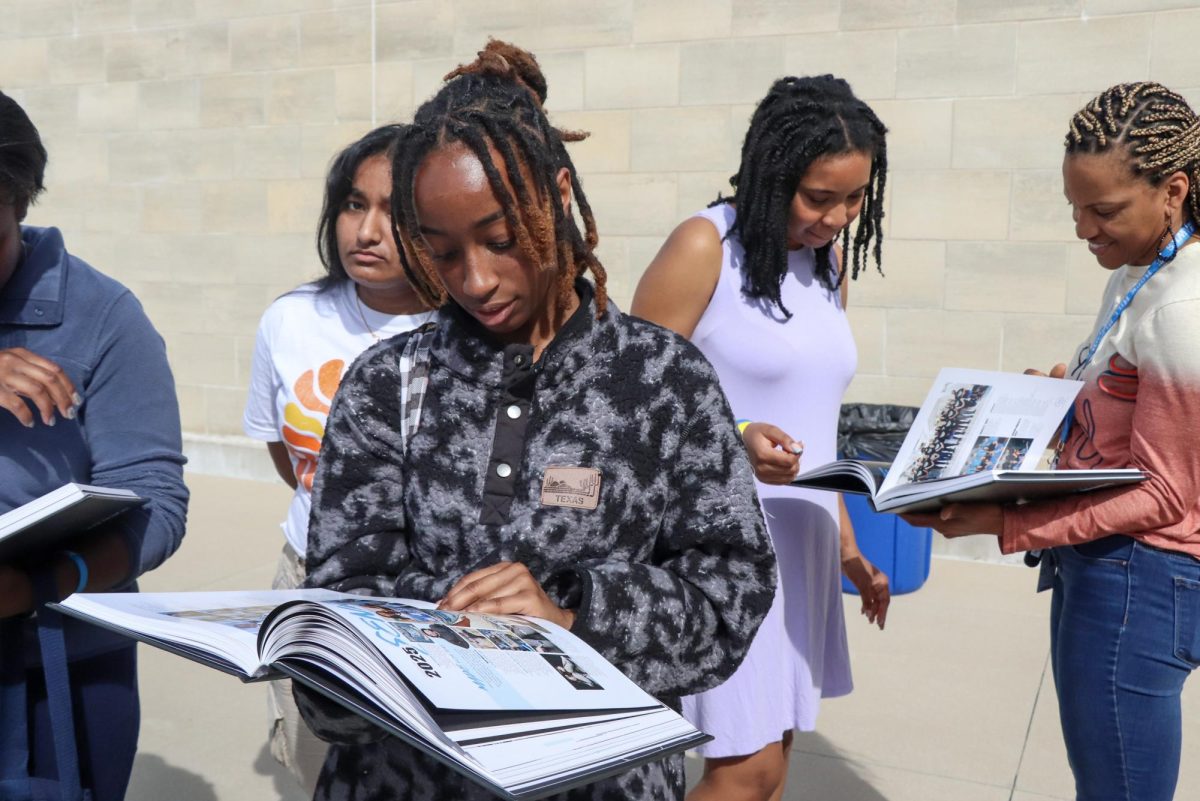
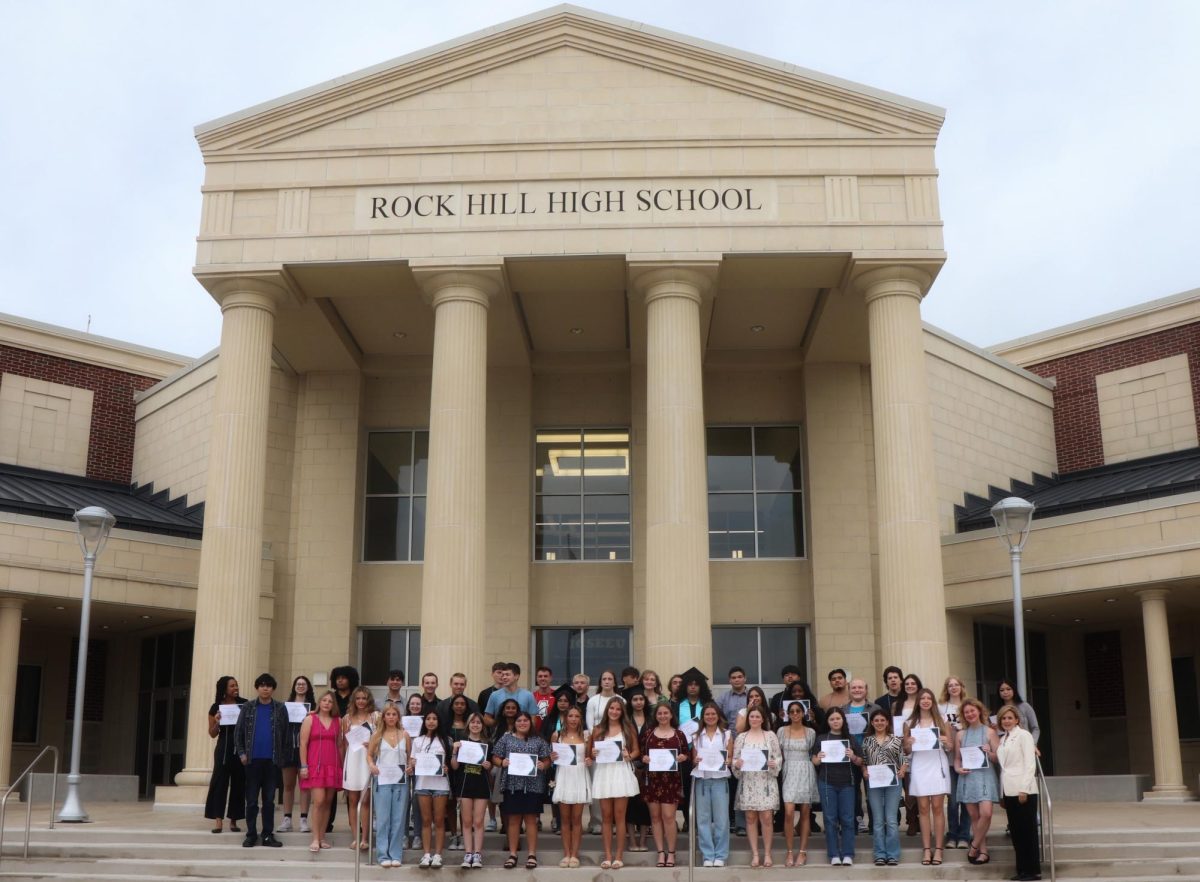
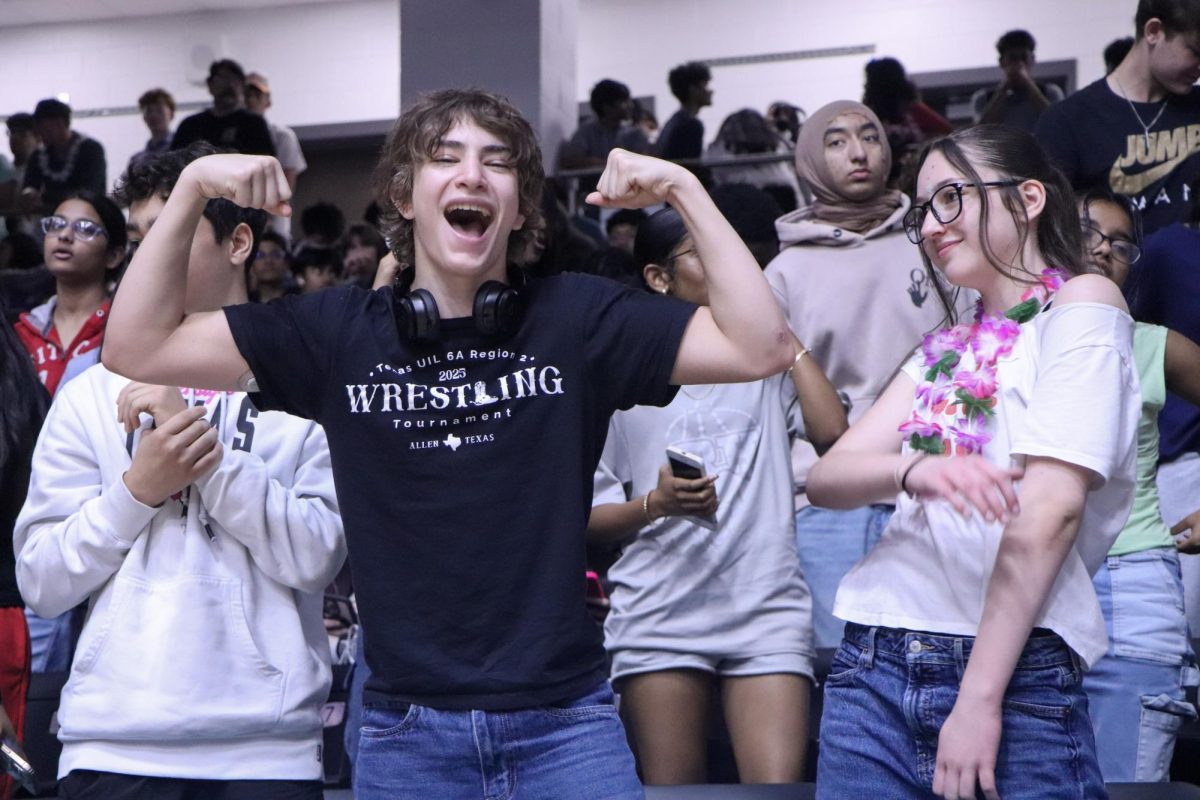



![A digitally constructed image shows money flowing out of a U.S. government building, representing the economic impact of the Trump administration’s new tariff policy. “[The tariffs are] supposed to basically pump up American businesses to where Americans go buy American products,” U.S. government teacher Adam Barclay said. “Then you have more manufacturing, you have more jobs, and that's how it's supposed to work.”](https://rockhillmedia.org/wp-content/uploads/2025/04/Impact-of-the-U.S.-Tariffs-1-1200x675.png)
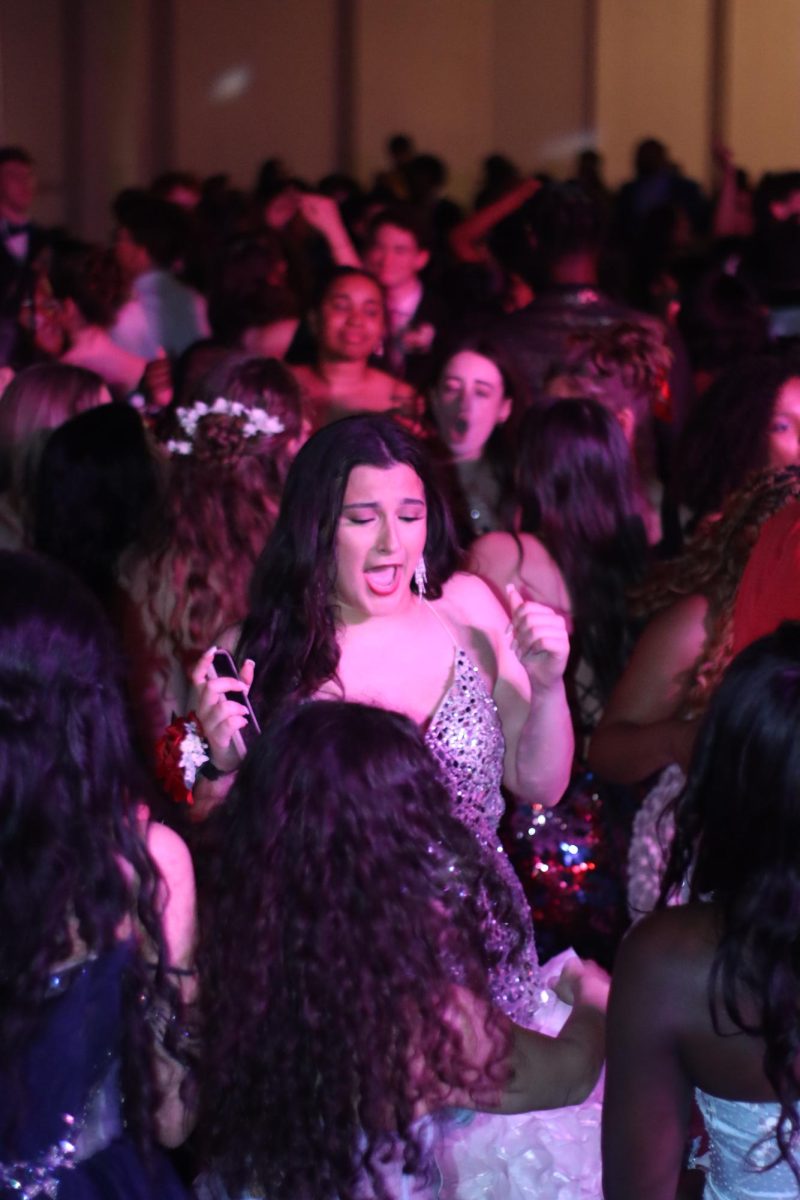


Maureen Kromis
Oct 22, 2024 at 7:11 pm
Well written article on AI. I was surprised that educators had any positive opinions about AI as it relates to students using the new technology in school.